Keywords: Right To Choose
There are more than 200 results, only the first 200 are displayed here.
-

ARTS AND CULTURE
- Barry Gittins
- 16 February 2018
1 Comment
The closest Confucius came to this romantic view of work was a line expressed from the view of the bosses, saying, 'When he chooses the labours which are proper, and makes them labour on them, who will repine?' The answer as to who will repine, rather obviously, is the labourers.
READ MORE 
-
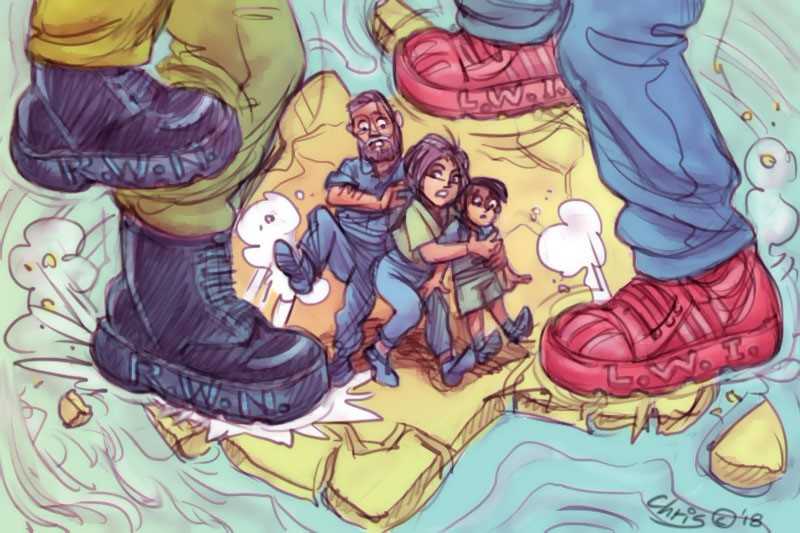
ARTS AND CULTURE
- Irfan Yusuf
- 25 January 2018
4 Comments
The antecedents of Right-White Nationalism have, over three decades, entered mainstream Australian discourse. In Romper Stomper, it is represented by far-right group Patriot Blue, and a TV shock jock resembling those that Peter Dutton speaks to. But Romper Stomper doesn't pretend violence is the monopoly of the right.
READ MORE 
-

RELIGION
- Michael McVeigh
- 24 January 2018
37 Comments
It's a common refrain from survivors of clerical sexual abuse, often heard when church leaders try to explain away their failure to listen and respond to the crimes of their peers: 'They just don't get it.' Up until recently, Pope Francis has seemed to 'get it' in his response to the crisis of abuse. But recent events have raised doubts.
READ MORE 
-
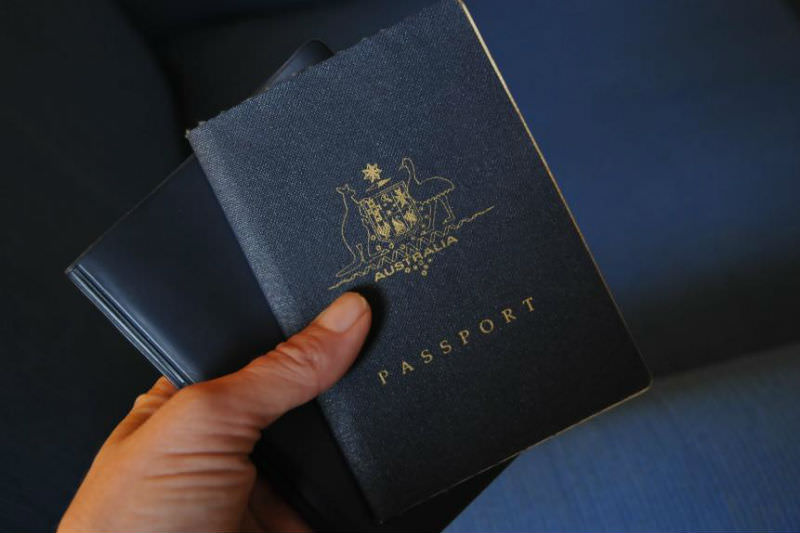
AUSTRALIA
- Sonia Nair
- 12 December 2017
12 Comments
The world is often characterised as porous and easy to manoeuvre in this age of unparalleled technology and a globalised economy. But it's only ever been this way to people who have a combination of a particular passport and cultural heritage, particularly in settler colonial nations such as Australia.
READ MORE 
-

ARTS AND CULTURE
- Barry Gittins
- 05 December 2017
1 Comment
2017 has seen us stirring a large pot of sticky issues with our 14-year-old daughter and 11-year-old son. Old-school parenting used to play nice, with no discussion of sexuality, religion or politics. While recognising the need to speak appropriately to the ages and maturity of our kids, I disagree with that convention.
READ MORE 
-

ARTS AND CULTURE
- Brian Matthews
- 28 November 2017
7 Comments
As a conversation opener, it wasn't that flash. I could have told Johnno that stories about the 'bloody banks' are so numerous and predictable that they're being used in sleep clinics. Still, one tries to do the right thing and so, steeling myself, I asked the crucial question. 'What's the story?'
READ MORE 
-
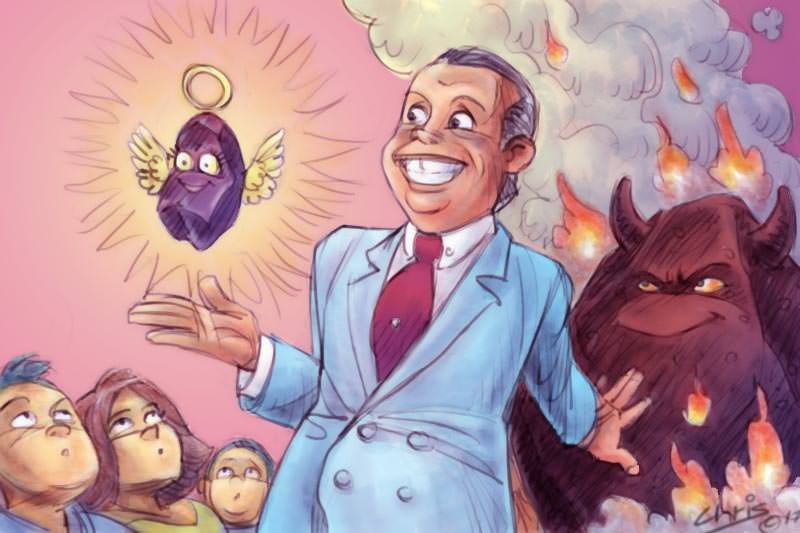
ENVIRONMENT
- Tim Beshara
- 20 November 2017
8 Comments
The charge of moral relativism has been laid against progressives in debates about everything from marriage to multiculturalism. However when it comes to climate change and coal, it is conservatives who choose to muddy the debate by pointing out that coal can be good depending on the context in which it is used.
READ MORE 
-

RELIGION
- Andrew Hamilton
- 23 October 2017
13 Comments
I am struck by the difference between these two kinds of reflection on life and death. It seems to lie in the articulacy of the appeal to be able to die under favourable conditions and the inarticulacy of those celebrated at Ozanam House. They had died as modestly and wordlessly as they had lived.
READ MORE 
-
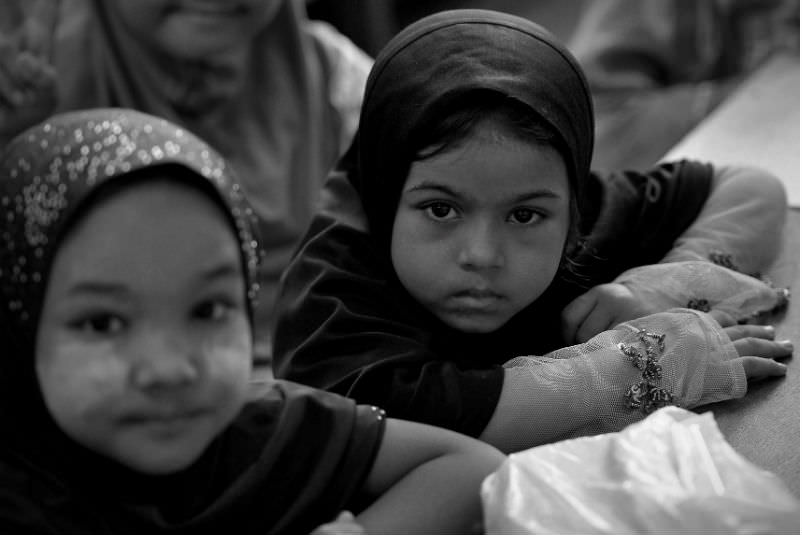
INTERNATIONAL
- Erin Cook
- 19 October 2017
8 Comments
Australia's incoherent urge to 'lead' in the Asia Pacific while refusing to meaningfully reflect on the responsibilities this would require has left us floundering in the face of what the United Nations has called the 'ethnic cleansing' of Myanmar's minority Rohingya population.
READ MORE 
-
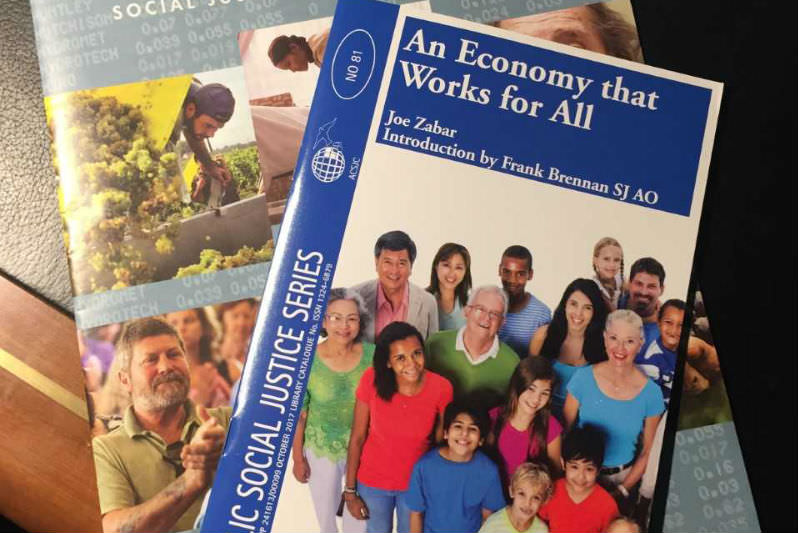
ECONOMICS
- Frank Brennan
- 18 October 2017
10 Comments
The promise of riches from the trickle-down effect is at best patchy for many Australians, and non-existent for others. Continuing with the same economic and social policy settings will exacerbate the already growing divide between the rich and the poor and eventually damage the economy to such an extent that it has a detrimental effect on everyone.
READ MORE 
-
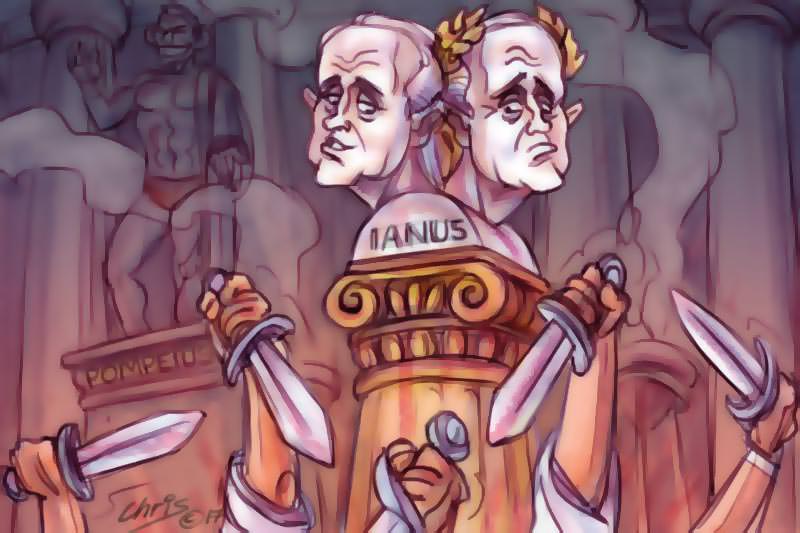
AUSTRALIA
- Barry Gittins
- 13 October 2017
3 Comments
In 2017, we have had one of the most uncivil years in memory, with assaults against politicians, institutions, entire demographics. What can we learn from antiquity? The obvious lesson from Rome's post-Caesarian civil wars is that internecine conflict is inevitably punctuated by further conflict and wrestling for power.
READ MORE 
-
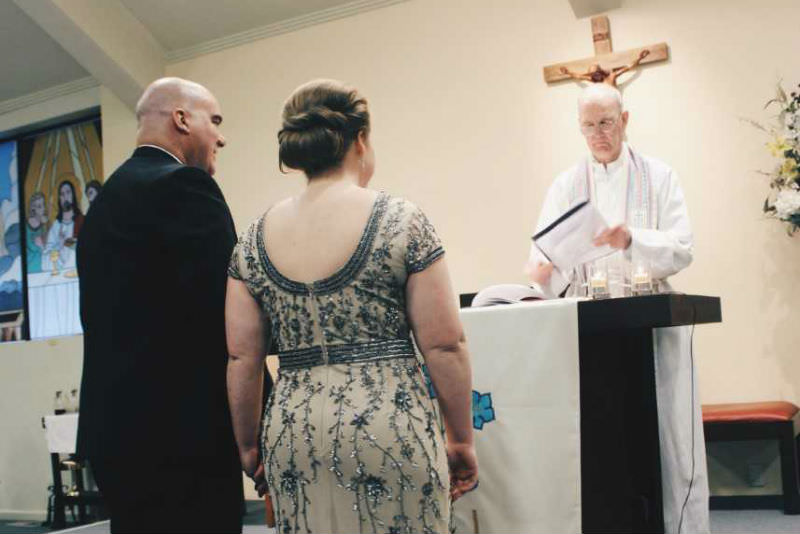
RELIGION
- Michael McVeigh
- 05 October 2017
21 Comments
On the one hand, one could look at the campaign for marriage equality and feel that it's refreshing that a section of society wants marriage to be affirmed and made more available. But what are people really going to be voting on when they make their decision in the postal survey?
READ MORE 